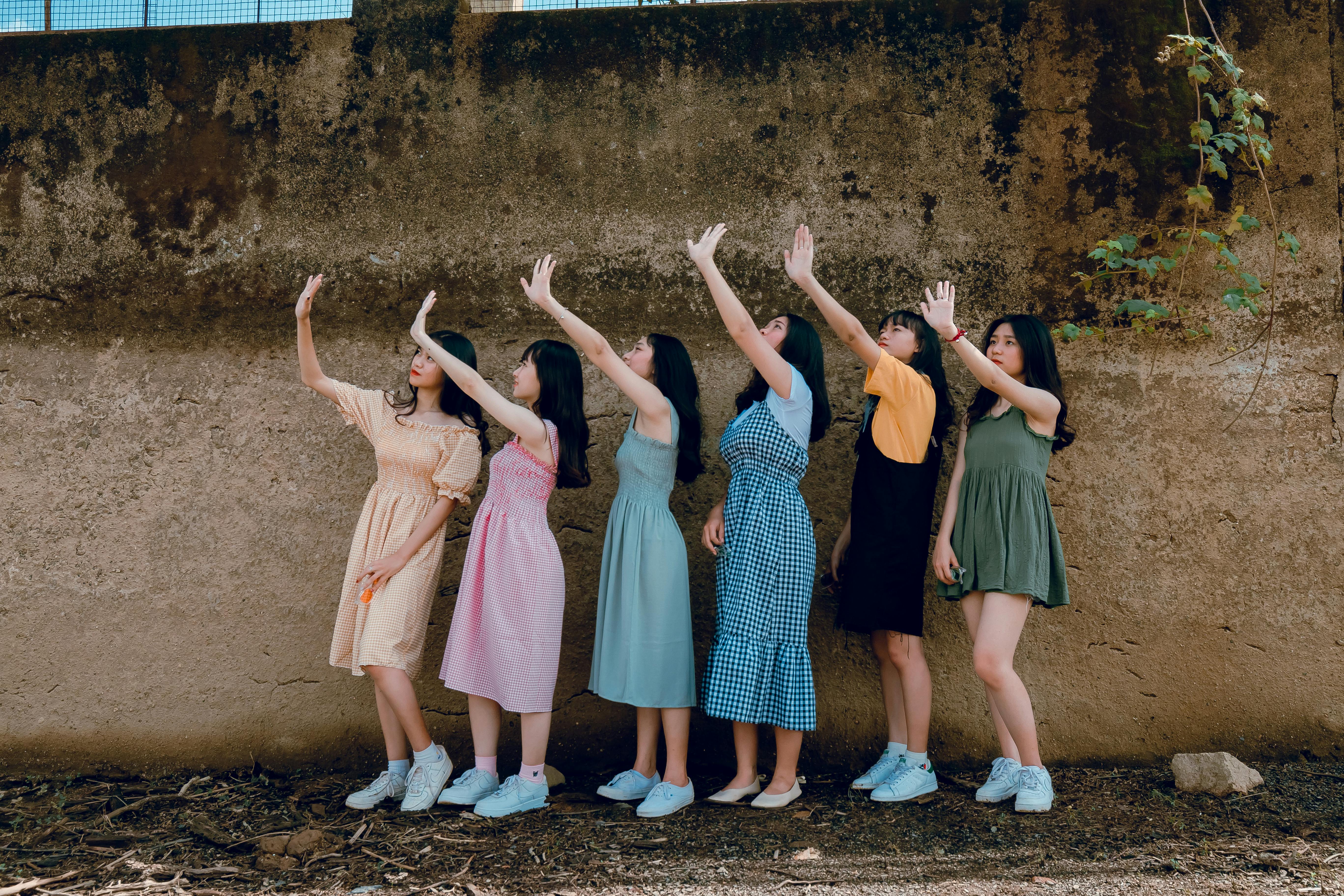Women’s conditions have improved as Chinese culture moves along the journey of modernization, albeit in an indifferent way. Despite the fact that academic advancements have created more options, stereotyped functions and values continue to dominate their interactions with men. As a result, their social standing is lower than that of people, and their lifestyles are however significantly impacted by the role of the family and the house.
These myths, along with the notion that Asian people are promiscuous and sexually rebellious, have a long past. According to Melissa May Borja, an associate professor at the university of Michigan, the notion may have some roots in the fact that many of the initial Asian immigrants to the United States were from China. White men perceived those ladies as a menace.
Additionally, the American people only had a individual impression of Asians thanks to the Us military’s existence in Asia in the 1800s. These notions received support in the internet. These preconceptions continue to be a potent combination when combined with decades of racism and racial profiling. It’s an unpleasant concoction of all those factors that come together to give rise to the idea of a persistent stereotype, according to Borja.
For instance, Gavin Gordon played Megan Davis as an” Oriental” who seduces and beguiles her American christian husband in the 1940s movie The Bitter Tea of General Yen, which was released at the time. The persistent prejudices of Chinese girls in movie were examined in a subsequent exhibition in Atlanta to address this photo.

Chinese people who are work-oriented may enjoy a high level of freedom and independence outside of the residence, but they are still discriminated against at job and in other social settings. They are subject to a twice normal at work, where they are frequently seen as no working tight enough and not caring about their presence, while adult coworkers are held to higher standards https://asiansbrides.com/chinese-brides/. Additionally, they are frequently accused of having many affairs or even leaving their families, which is a bad stereotype about their family’s beliefs and roles.
According to Rachel Kuo, a civilization expert and co-founder of the Asiatic American Feminist Collective, legal and political steps throughout the country’s background have shaped this complex internet of stereotypes. The Page Act of 1875, which was intended to limit trafficking and forced labor but was truly used to stop Chinese women from entering the United States, is one of the earliest instances.
We wanted to compare how Chinese women who are family- and work-oriented responded to assessments based on the conventionally good myth of virtue. We carried out two investigations to achieve this. Respondents in experiment 1 answered a quiz about their emphasis on their jobs and families. Then, they were randomly assigned to either a control situation, an adult good notion assessment conditions, or all three. Subsequently, after reading a scene, participants were asked to assess opportunistic feminine targets. We discovered that the female group leader’s liking was severely predicted when evaluated positively based on the positive stereotype. Family function perceptions, family/work primacy, and a sense of impartiality were the three factors that mediate this result in Chinese women who are both work- and family-oriented.
